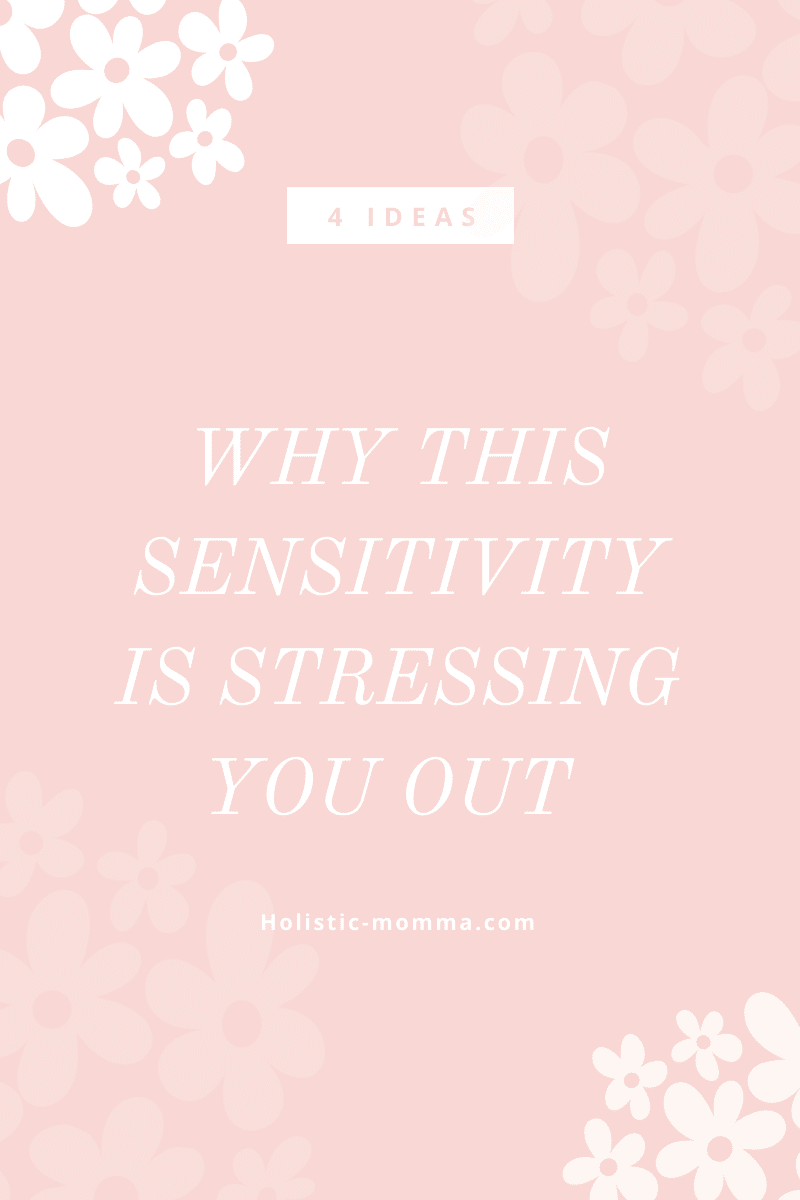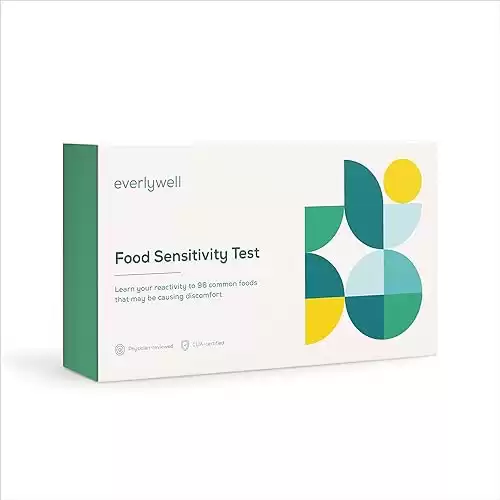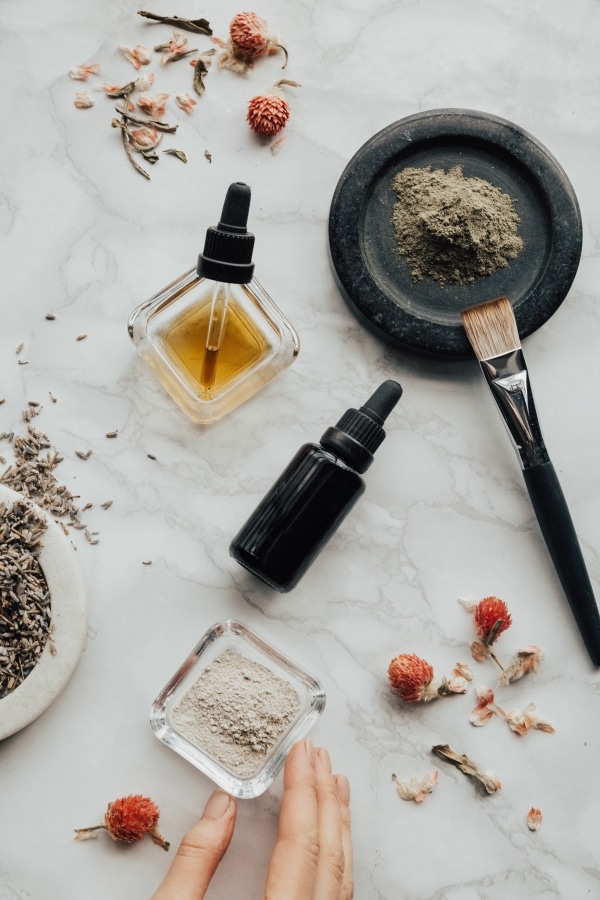These Food Sensitivities Could Be Stressing You Out

Do you ever find yourself struggling with anxiety, and you can’t understand what could have triggered it? Sometimes, our anxiety has a clear trigger. Other times, it can seem to come out of nowhere. The evidence is growing—food sensitivities are linked to our mental health. Who knew that certain foods could trigger anxiety. Furthermore, who knew that a holistic diet could help alleviate it?
Table of Contents
What Are Food Sensitivities?
Food sensitivities or intolerances are different than an allergy, they are less severe and create digestive symptoms. Whereas allergies can cause hives, trouble breathing, swelling, etc.
Common food sensitivities include:
- Dairy
- Eggs
- Gluten
- Wheat
These are also some of the common allergens but individuals may not have as severe of a reaction making them only an intolerance. The difference between an allergy and an intolerance or food sensitivity is that allergies cause more severe symptoms and can be life-threatening. However, food sensitivities can be uncomfortable and cause considerable distress, dehydration, mental symptoms, and fatigue.
What Causes Food Sensitivities?
Medications, stress and age can contribute to poor digestion and mess up your gut health. When it comes to different food intolerances, supplementing with enzymes such as lactase to help break down lactose an enzyme that naturally occurs in milk.
A lack of enzymes in processed milks or foods can make it harder on the body to break down foods. Enzymes are proteins that help us break down food to absorb nutrients, therefore a lack of these can contribute to digestive symptoms in response to certain foods.
Anxiety Symptoms
If you suffer from anxiety or high-stress levels, here are some symptoms to watch out for:
- Frequent headaches
- Hot flushes
- Occasional dizziness or lightheadedness
- A lingering feeling of doom
- You’re grinding your teeth, even at night
- Your heart races
- You’re not interested in the things you used to care about
- Low libido
These are all symptoms of anxiety, and if you have many of them or if they’re particularly profound, they could also be part of the deeper depressive disorder.
Gut-Brain Axis
We all know some simple ways that food can affect our mood. We have all heard of a “sugar rush,” the boost of energy, and an uplift in mood after consuming foods high in sugar. But the connection between mental health and diet is more profound than this.
The gut-brain axis plays an important part in our mental health by telling our body to be in a “rest and digest” mode or a “fight or flight mode”.
Food Sensitivities Effect On The Body
Food sensitivities can cause digestive disruptions and include some of the following symptoms:
- Bloating
- Diarrhea
- Itching
- Anxiety
- Depression
- Skin conditions
- The test measures IgG antibody reactivity to 96 different foods from a small blood sample.
- You can then use your results to help guide a two-part elimination diet to pinpoint the foods you're sensitive to. (Note: food sensitivities are different than food allergies and intolerances. This is not an allergy test.)
Food and Hormones
What we eat has a strong effect on our hormone production, and our hormones control our mood. The body needs healthy fats, in particular, in order to produce the right hormones and accomplish proper signaling between nerves. This is one reason that low-fat diets and depression often go hand in hand.
The Gut
We’re just starting to learn how important our gut is to our overall health and well-being, and how the best principles of natural health can help. For example, 90% of our body’s serotonin is produced in our guts. Serotonin is the main chemical our body produces to help us feel happy. If our gut is out of order, it’s hard not to feel anxious and depressed.
Inflammation and Anxiety
Inflammation is the body’s natural response to anything it sees as an invader. This invader could be a bacteria or virus; it could even just be a food that our body can’t tolerate. There is a strong link between high levels of inflammation and anxiety.
A Holistic Approach
While mental health can be complicated, an easy place to start if you’re struggling with anxiety (or even depression) is to take a more holistic approach to the food you eat.
The holistic approach focuses on minimizing inflammation, promoting a healthy gut, and eliminating/avoiding toxins. Our bodies are sensitive to the things we ingest—some more than others.
Here are just a few of the common foods or substances that can wreak havoc within our bodies, and in turn, cause anxiety:
- Dairy
- Refined sugars and grains
- High fructose corn syrup
- Gluten
- Caffeine
- Processed/preserved foods
- Food and drinks with sulfites
- Foods or wine with high tannin levels
What Should I Try?
While this list only contains a fraction of the potential culprits, there are a number of things that could be affecting your state of well-being. Everyone’s body is different, and sometimes the best approach is trial and error.
Start by focusing on a wholesome and balanced diet, while eliminating questionable food groups. Eliminate processed foods. Try eliminating the occasional glass of wine or other alcoholic beverages. Replace your morning cup of coffee with a full glass of water.
Consider keeping a journal. Keep track of what you eat and how you feel each day. Over time, this can give you a better idea of what your triggers are and what you should avoid.
Originally posted 2019-11-30 08:00:00.
Megan Santiago
Latest posts by Megan Santiago (see all)
- How to Find a Trauma Therapist in Tampa - September 30, 2024
- 12 Anxiety Quotes to Help You Feel At Ease - March 10, 2024
- Holistic Anxiety Relief Course - March 10, 2024






